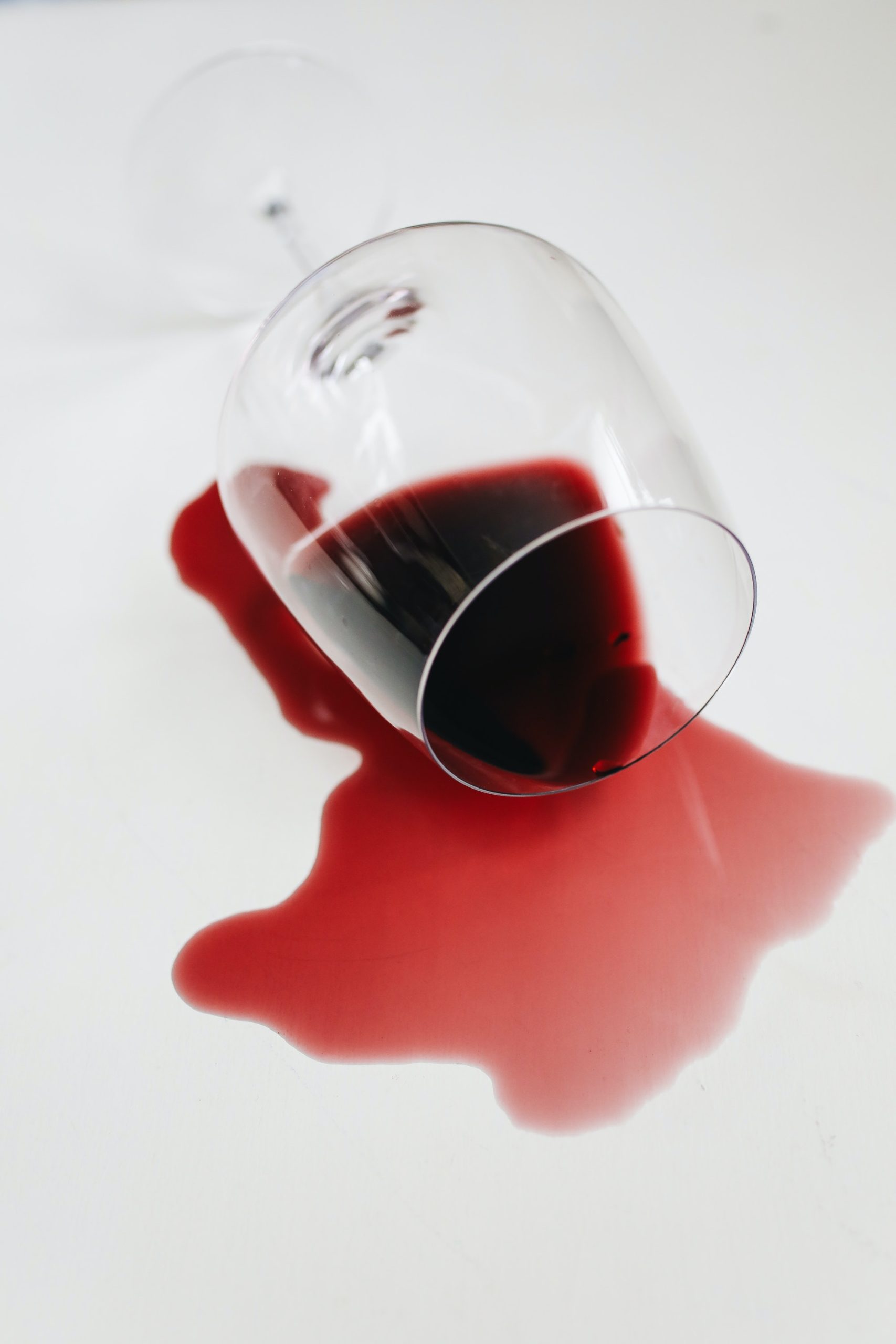
Research Review Shorts: Does Drinking Alcohol Inhibit Our Gains?
A recent study suggests consuming a couple alcoholic beverages a day will not impede your training adaptations. However, there are a number of Caveats which concern the validity of the assessment results.
Overview
The purpose of this study was to evaluate the effects of a high-intensity training program on a variety of fitness-related parameters, and to determine if daily consumption of beer or vodka would negatively impact training adaptations.
Alcohol has been shown to negatively impact protein synthesis, sleep quality, and a number of key hormones. That being said, you can infer that any alcohol consumption leads to a decrease in recovery.
The authors of this paper certainly kept that in mind. The authors hypothesized that while interval training would improve several fitness-related outcomes (VO2max, grip strength, and jump height), daily beer consumption would attenuate these training adaptations.
A total of 83 subjects participated. Subjects needed to have a BMI between 18.5 and 30 with a stable body weight over the past five months.
There was a non-training control group, a training group who consumed alcoholic beverages (beer or vodka), and a training group who consumed non-alcoholic beverages.
Throughout the study, participants in the training groups completed a 10-week high-intensity exercise program, with supervised small-group workouts occurring twice per week, and at least 48 hours of rest between sessions.
Men drinking alcoholic beverages consumed about two standard drinks per day, and women drinking alcoholic beverages consumed about one standard drink per day.
The outcome variables that were tested included:
• Absolute and relative VO2max
• Total duration of the VO2max test (which serves as an indicator of cardiorespiratory endurance)
• Handgrip strength
• Squat jump height
• Counter-movement jump height (without arm swing)
• Abalakov jump height (with arm swing)
• And drop jump height.
Findings
- In terms of the cardiorespiratory outcomes, all training groups improved absolute VO2max significantly more than the control group, regardless of which beverage they received
- In terms of the strength and power outcomes, no significant differences were observed among the groups.
- All of the training groups generally had modest improvements in handgrip strength and jump height across the variety of jump tests, but these increases were not significantly greater than the changes observed in the control group.
Interpretation & Takeaways
While this study may suggest that mild alcohol consumption has little impact on our recovery from performance, there are a few caveats. Frist, the participants were able to choose whether or not they’d train and whether or not they’d receive alcohol. This results in the inability to use a blinded placebo, as the non-alcoholic drink groups new that their drinks had no alcohol.
Participants had about two drinks per day. With an intake like that, it’s hard to think that that minimal of alcohol consumption would impact anything to a measurable degree. The more likely hypothesis is that daily alcohol intake could potentially inhibit training adaptions but to a smaller degree.
From this paper, it seems that moderate daily alcohol intake (one drink per day for females and two drinks per day for males) does not appear to impair cardiorespiratory adaptations to circuit training, nor does it impair improvements in body composition. While the current study doesn’t provide strong evidence either way related to strength or power outcomes, it seems justifiable to conclude that alcohol intake within this dosing range is unlikely to meaningfully interfere with training adaptations.
High doses of alcohol should not be consumed frequently, as large alcohol doses can negatively impact protein synthesis, sleep quality, and a number of key hormones, in addition to having generally deleterious effects on overall health.
References